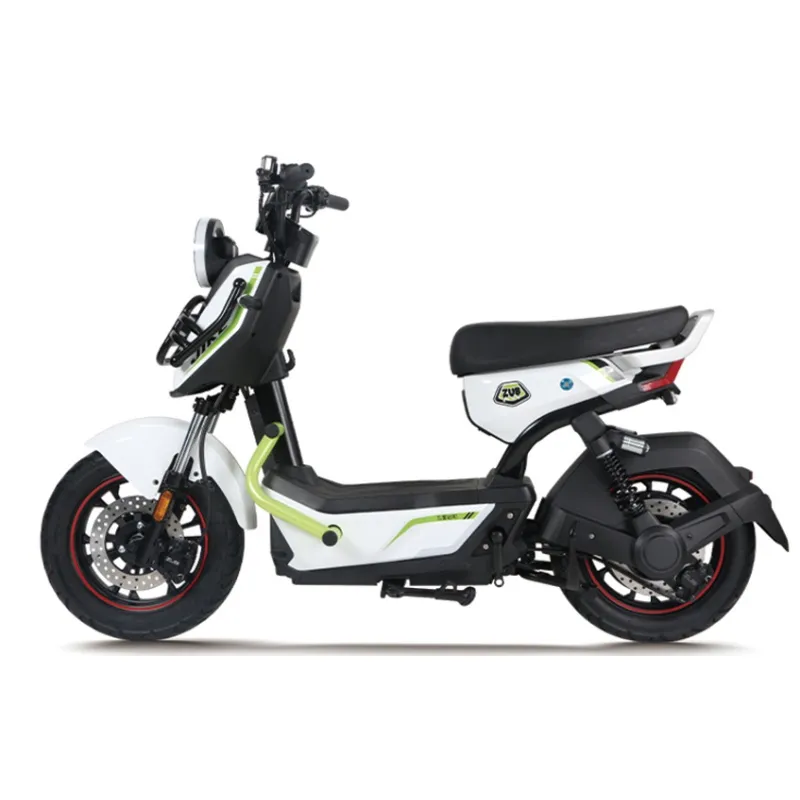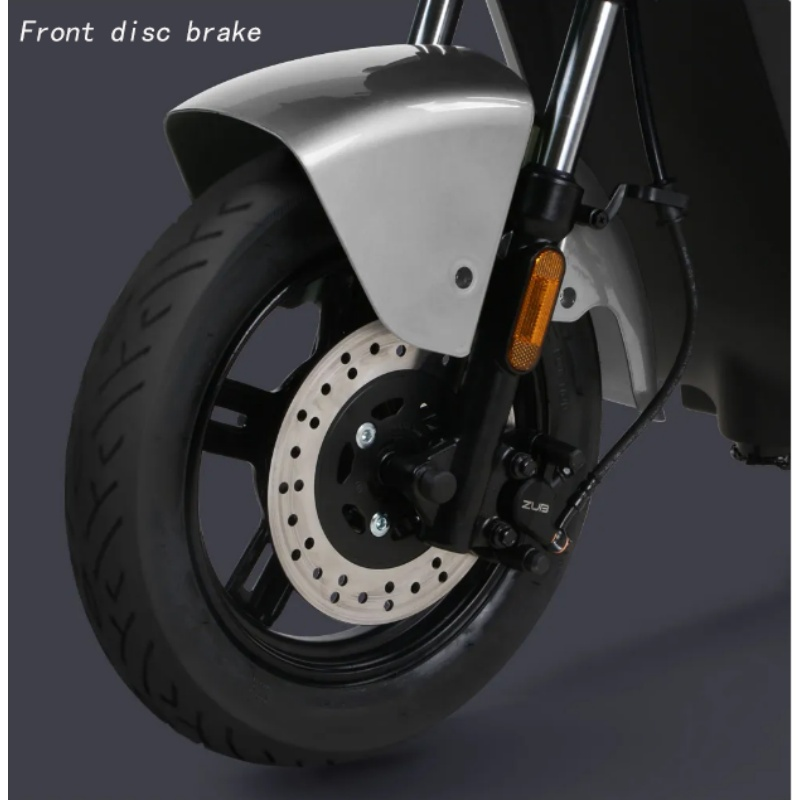Transforming Urban Mobility Through Sustainable Innovation
The transportation landscape is undergoing a remarkable transformation, and electric bikes are leading the charge toward a greener future. As cities become increasingly congested and environmental concerns mount, electric bikes emerge as a compelling solution that combines efficiency, sustainability, and practicality. These innovative vehicles are revolutionizing how we think about daily commuting and recreational travel, offering an environmentally conscious alternative that doesn't compromise on convenience or performance.
Electric bikes represent more than just a trend – they're a fundamental shift in how we approach personal transportation. By integrating advanced battery technology with traditional cycling mechanics, electric bikes provide an accessible entry point into sustainable mobility for people of all ages and fitness levels. This fusion of human power and electric assistance is creating new possibilities for urban commuting while significantly reducing our carbon footprint.
The Environmental Impact of Electric Bikes
Carbon Footprint Reduction
Electric bikes stand out as one of the most environmentally friendly transportation options available today. When compared to conventional vehicles, electric bikes produce virtually zero direct emissions during operation. The carbon footprint of electric bikes primarily comes from their manufacturing process and the electricity used for charging – which is minimal compared to the environmental impact of cars or motorcycles.
Studies have shown that replacing car trips with electric bike journeys can reduce an individual's transportation-related carbon emissions by up to 90%. This significant reduction becomes even more impactful when considering the collective effect of widespread electric bike adoption in urban areas. As power grids increasingly transition to renewable energy sources, the environmental benefits of electric bikes will only continue to grow.
Resource Conservation
The resource efficiency of electric bikes extends beyond their operational phase. These vehicles require significantly fewer raw materials to manufacture compared to cars, and their components are generally more recyclable. The batteries used in electric bikes, while requiring careful disposal, have a much smaller environmental impact than the large battery systems used in electric cars.
Additionally, electric bikes contribute to reduced road wear and tear, requiring less infrastructure maintenance and construction. This indirect environmental benefit often goes unnoticed but plays a crucial role in overall sustainability efforts.

Advancing Technology and Innovation
Battery Technology Improvements
Recent advances in battery technology have dramatically enhanced the capabilities of electric bikes. Modern lithium-ion batteries offer increased range, faster charging times, and longer lifespans than their predecessors. Many electric bikes now boast ranges of 40-80 miles on a single charge, making them practical for both daily commuting and longer recreational rides.
The evolution of battery management systems has also improved safety and reliability, while decreasing charging times. Some manufacturers now offer quick-charging solutions that can reach 80% capacity in under an hour, addressing one of the primary concerns of potential electric bike adopters.
Smart Integration Features
Today's electric bikes are becoming increasingly sophisticated, incorporating smart technology that enhances the riding experience. GPS navigation, smartphone connectivity, and real-time performance monitoring are becoming standard features on many models. These technological integrations help riders optimize their routes, track their environmental impact, and maintain their vehicles more effectively.
Advanced motor systems now offer multiple assistance levels, allowing riders to customize their experience based on terrain and personal preference. Regenerative braking systems are also being implemented, further improving energy efficiency and range.
Economic and Social Benefits
Cost-Effective Transportation
Electric bikes represent a significant cost saving compared to traditional vehicles. The initial investment, while higher than conventional bicycles, is substantially lower than purchasing and maintaining a car. Operating costs are minimal, with electricity charges typically amounting to mere cents per charge. When factoring in savings on fuel, parking fees, insurance, and maintenance, electric bikes offer an economically attractive transportation solution.
For businesses, incorporating electric bikes into delivery fleets or corporate mobility programs can lead to substantial operational cost reductions while demonstrating environmental commitment.
Community Impact
The adoption of electric bikes contributes to healthier, more livable communities. By reducing traffic congestion and noise pollution, electric bikes help create more pleasant urban environments. They also promote social interaction and community engagement by making local travel more accessible and enjoyable.
Cities that have embraced electric bike infrastructure have seen increased local business activity, as riders are more likely to stop and shop at local establishments compared to car-bound consumers. This economic vitalization of neighborhood communities represents an important secondary benefit of electric bike adoption.
Frequently Asked Questions
How far can electric bikes travel on a single charge?
Modern electric bikes typically have a range of 40-80 miles per charge, depending on factors such as terrain, rider weight, assistance level, and battery capacity. Some high-end models can achieve even greater ranges, making them suitable for longer commutes or recreational rides.
Are electric bikes difficult to maintain?
Electric bikes require similar basic maintenance to traditional bicycles, with the addition of battery care. Regular checks of the electrical system and battery are recommended, but overall maintenance is generally simpler and less expensive than maintaining a car or motorcycle.
What makes electric bikes more environmentally friendly than other vehicles?
Electric bikes produce zero direct emissions during operation, consume minimal electricity, and require fewer resources to manufacture compared to cars. They also reduce traffic congestion and the need for extensive road infrastructure, contributing to a smaller environmental footprint overall.

